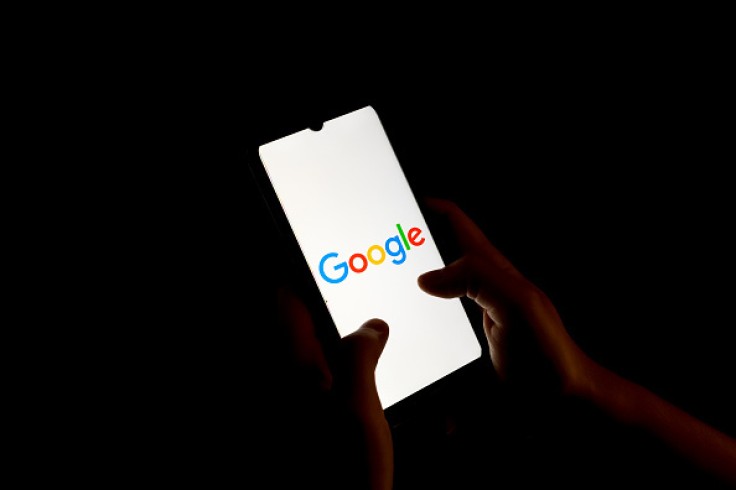The internet is a wonderful place to be especially when it comes to accessing readily-available information. It is a place for all things, which is also what is bad about it. Without proper supervision and restrictions, minors who browse the web may access inappropriate content.

Verification is Not the Solution, Google Believes
At first though, requiring users to be at a certain age to access more mature content seems like a good idea to protect children and teens from inappropriate sites. But, Google thinks otherwise, explaining why this could be a bad idea.
Child safety online is a serious thing, which is why it's understandable how legislators can be critical of search engines and social media platforms. Google, thinking that it could do more harm than good proposed a framework that they think would work better.
That framework is called "Legislative Framework to Protect Children and Teens Online," and it points out the potential consequences of such restrictive processes. For instance, age verification could lead to blocking access to important information, as per Tech Crunch.
Google states that good legislative models like the ones based on age-appropriate design principles can hold companies responsible for promoting safety and privacy, all while "enabling access to richer experiences for children and teens."
In addition to that, the search engine giant also said that as policymakers contemplate these issues, they should "carefully consider the broader impacts of these bills and avoid side effects," one of which is becoming a "data-intrusive" method.
For a user to verify their age, they will have to submit identification or other sensitive data such as government IDs. Google, through its framework, thinks that the verification process should only be limited to high-risk services.
Google is not against age verification in situations where sites and services deal with alcohol, gambling, and adult content. The company stated that companies should be required to prioritize the best interest of children and teens in the design of their products.
Certain Apps, Services Already Have Age Verification
The search engine leader has a point when it comes to being restrictive in access to important information. It is also unnecessary to provide sensitive data like government or other forms of ID to view content that is appropriate for all ages.
Besides, companies that don't have age verification policies can follow in the footsteps of services that already have them. For instance, Roblox, while being a kid-centric platform, has content that should only be played by people aged 17 and above.
To prevent minors from entering the space, age verification is required effectively ensuring the safety of its younger users. Instagram also has a policy that doesn't allow minors aged 12 and below to access the site, which is why it has verification tools in place.
To do so, a user must provide an ID like a passport or driver's license. Other people can also be asked to vouch for their age, and the social media app can use technology to confirm that age via video selfies.









